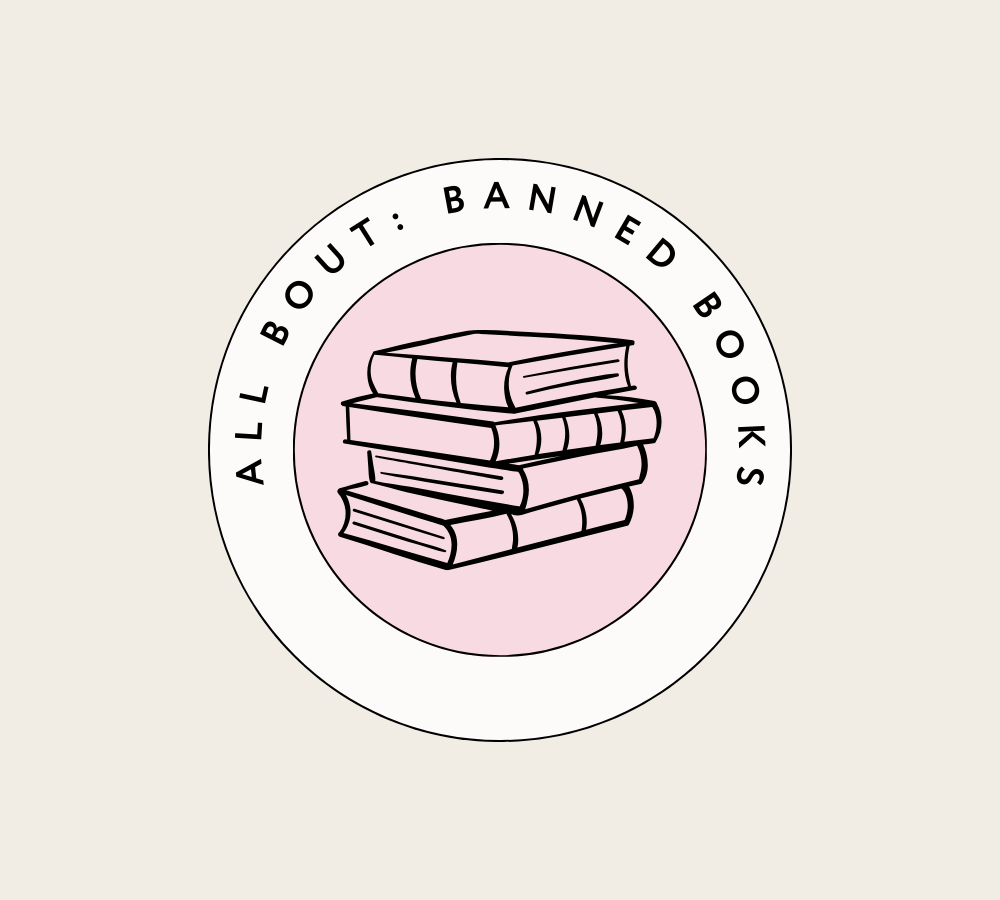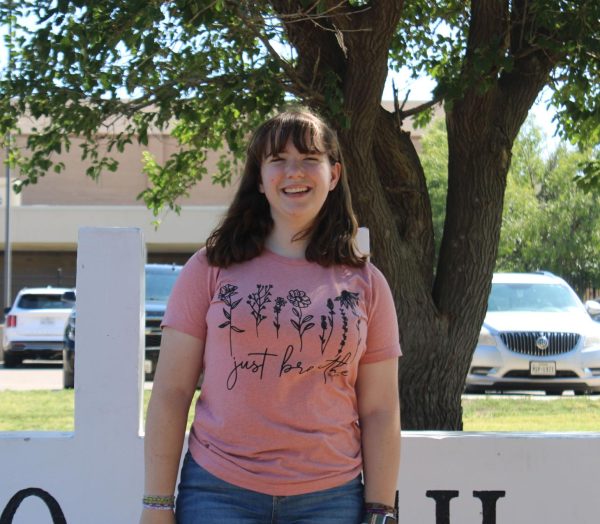Over 1 million books are published each year, yet we are unable to access all of them. Banned books are becoming more and more common, even for classics such as “To Kill a Mockingbird” by Harper Lee and other books like Dr. Seuss’ “And To Think I Saw It On Mulberry Street”. Books get taken off of shelves without proper reason instead of letting them get read.
Books are banned for a number of reasons. A few reasons include homosexuality, racism, violence, religious afflictions, political bias and explicit content or language. Parents and community members are becoming increasingly concerned with books children come in contact with at school.
“In some cases, these concerned citizens are more interested in pushing their agendas, their values, their ideologies onto the schools and communities,” Dallas Bell, a local bookstore owner, said.
While some concerns have stemmed from reason, some people are more concerned about children reading the ‘wrong’ type of books.
“Books which make kids think and question about life around them oftentimes make some adults anxious that students are not going to make the ‘correct’ decision in their conclusions,” Bell said.
Children reading inappropriate material for their age remains a reasonable concern, but books should not get banned for being acceptable for 8th graders to read yet unacceptable for 6th graders.
“But the peculiar evil of silencing the expression of an opinion is, that it is robbing the human race; posterity as well as the existing generation; those who dissent from the opinion, still more than those who hold it.” stated “Banned Book FAQ” by American Library Association
There are also options for parents worried about inappropriate material such as commonsensemedia.org, which reviews books, movies, and video games and reports on the appropriateness of them. Librarians could also age-restrict books until a certain age for appropriateness concerns instead of taking them off the shelf completely.
“I would love to encourage parents to have open conversations with their children,” said Bell.
Books are created by a multitude of authors who all have different beliefs and cultures. The ones complaining about books and getting them banned are typically from a higher class and able to purchase books that represent themselves, which is a luxury that not everyone has. Children deserve to read books that they can relate to.
More and more people are starting to speak up against the unjust banning of books. Pink plans to give away over 2,000 banned books at her upcoming concert.
“Books have held a special joy for me from the time I was a child, and that’s why I am unwilling to stand by and watch while books are banned by schools”, Pink said (people.com).
A coalition of Hollywood actors signed a petition in September against book bans. LeVar Burton, Ariana Grande, Gabrielle Union, Mark Ruffalo and possibly more do not believe that banning books is a reasonable action.
“As artists, creators, entertainers, and activists, we recognize and are horrified by the threat of censorship in the form of book bans,” the petition stated (thehill.com.)
They also call others to action against the injustice of silencing voices.
“We are calling on everyone to join us in raising their voices to uphold artistic freedom, embrace multicultural history, and put a stop once and for all to book bans,” the coalition said.
Representation should not only apply to people. Stop banning books.


